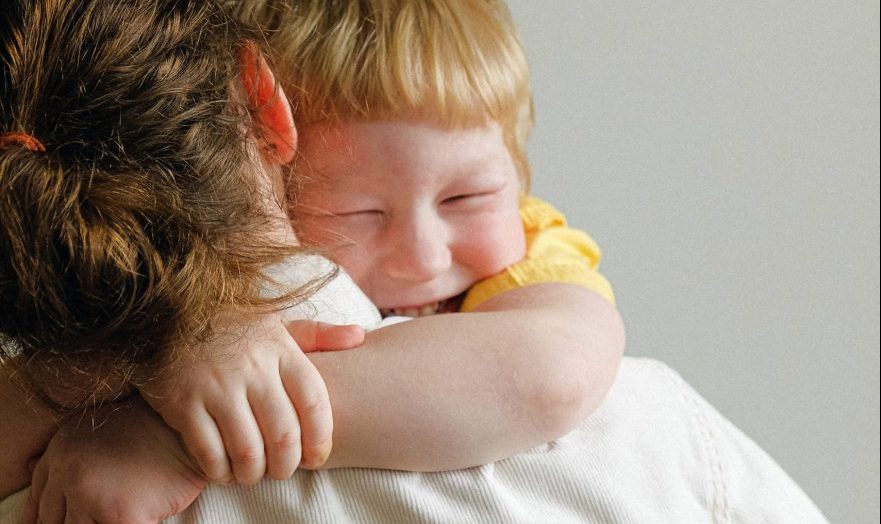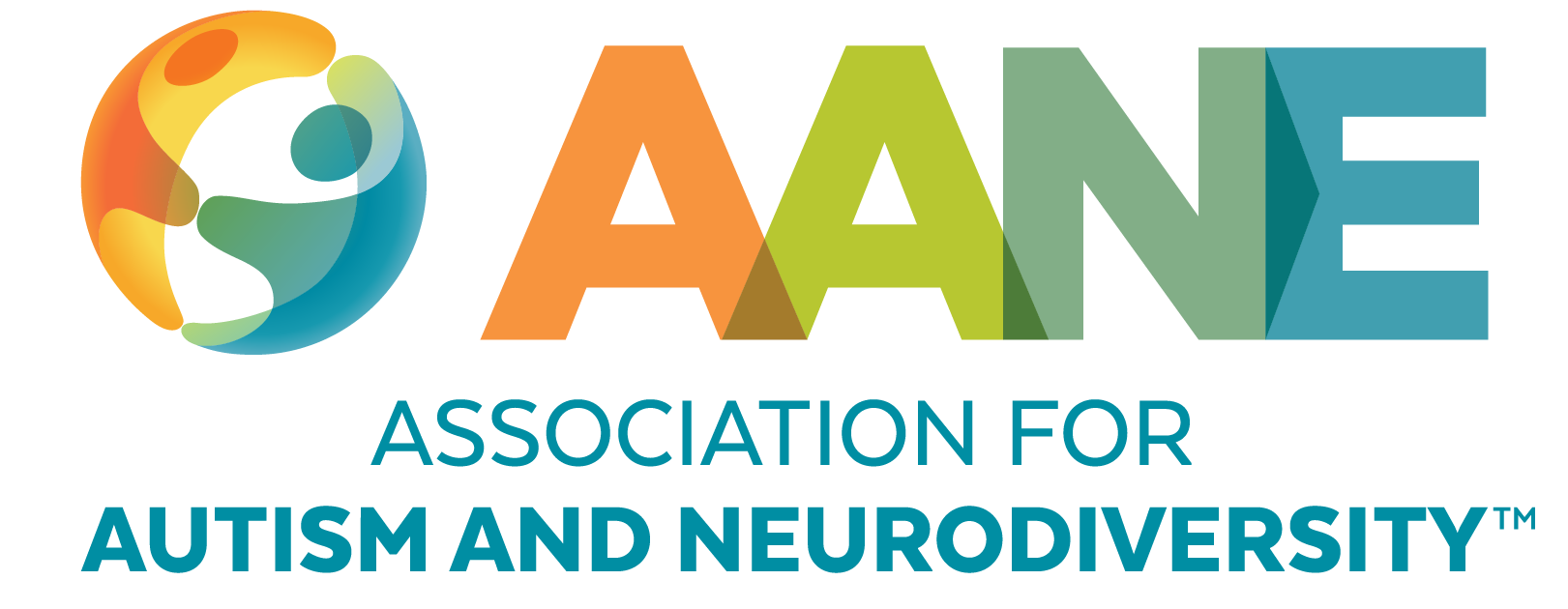
Emotional Regulation: Advice for Families
About the Author
Christy Olivieri, MSED earned a Bachelor’s in Psychology from SUNY Geneseo and a Master’s degree in Counseling Education from The College at Brockport. In addition to school counseling, she has experience in higher education, and a vast background in non-profit work. Christy is a former facilitator of social support group for teens.

Emotion Regulation is a concept you may have been introduced to when you discovered your family member was on the autism spectrum. The term may bring up memories of reactions you may have interpreted as meltdowns, tantrums, irritability, withdrawn behavior, or stress. Witnessing our loved one experience intense emotions can be confusing and overwhelming. Fortunately, there are many things you can do to support your family member in developing the skills they need to encounter challenging situations. The best way to begin this process is by breaking down the phrase to understand its meaning.
Emotions
Many of us tend to view emotions and feelings as synonymous. However, this is not actually the case. Science tells us that emotions are chemicals released from our brains and into our bodies as a result of a specific trigger, event, or stimuli. [1, 3] These chemicals elicit behavioral and physiological reactions. Common triggers for individuals on the spectrum are change in routine, transition, unstructured time and sensory input. Events may include trouble processing cues or commands and challenges in social interactions.
Feelings are established when we process these emotions and give them meaning. Feelings tend to last much longer and may result from a series of emotions. For example, if someone suddenly approaches you with conflict, it is likely that you will experience uncomfortable sensations in your body, like chest tightness, skin tingling, dizziness, and even a sudden temperature change. This is when the fight, flight, or freeze response occurs and you might want to cry, run, or hide. Once we attend to these sensations, we might think, “I’m feeling anxious.” Regulation or dysregulation occurs in the space between emotions and feelings and impacts the way we think, feel, and respond to these chemicals.
Regulation
Regulation refers to our intentional effort to control our reactions to emotions. Individuals who effectively regulate their emotions are able to consider the outcome of the reaction and consequently modify it to meet the goal. Let’s revisit the above scenario and say it is our co-worker who approached us. The goal is to maintain a positive working relationship and appear professional at work. One approach could be to take a breath, stay calm, and assertively figure out the situation.
Regulation skills have a large impact on our well-being and can be a major determinant in relationships, goals, and the general sense of self. Emotion regulation is a challenge for many individuals and requires self-awareness, support, and practice. Autistic individuals may find this practice especially difficult due to the variety of triggers they experience.
Strategies
As a family member you aren’t expected to be a master of regulation. However, your knowledge about and love for the person in your life on the spectrum is key to providing them with the support they require.
As a counselor, here are some strategies and tips I have found useful in working directly with these wonderful individuals.
- Keep a record – Keeping track of dysregulation can help you identify potential triggers.
- Manage the environment when possible – Understanding triggers may allow you to prepare for their presence. Establishing routines with clear expectations can assist in this task. For instance, if we know change or transition may arise, we can utilize social stories, role-play, or even walk-throughs to prepare the individual for the adjustment.
- Collaborate! – It is impossible to manage every environment on our own. Share your insights with all of the adults in your child’s life. Having a team makes this process run much more smoothly and allows you to be more creative in planning.
- Identifying emotions – It can be challenging for individuals on the spectrum to understand and identify feelings within themselves and others. There are multiple ways you can help your loved one build this foundation.
- Help them attend to their bodies – Identifying the way emotions impact our bodies can help them notice when their emotions are escalating. Observing them during dysregulation can help us educate them about the various ways their bodies are reacting to their emotions.
- Play a game – For children, Feelings Bingo, Feelings Charades, and Emoji flashcards go a long way in helping the individual build a working memory of what emotions look like on people’s faces and in their bodies. When we act these moments out we are modeling the emotions for them and providing them with a template to work from.
- Practice coping skills in a regulated state – Finding ways to incorporate coping in the routine will help them establish a toolbox to use when they are feeling triggered. Here are just a few:
- Utilize deep breathing cards.
- Practice mindful exercises- GoNoodle is a great resource for little ones.
- Go on nature walks.
- Have a jar full of activities they can pick from during free time to explore.
- Make it a rule – Many individuals on the spectrum tend to enjoy structure and rules. We can create step-by-step instructions for emotion regulation.
- 1) Notice your body
- 2) Label the feeling
- 3) Pick a coping skill
- Praise regulation and process dysregulation – Making sure we validate emotions and praise positive responses will increase the likelihood of the actions. Understand this is a learning process and dysregulation will occur. Leave time to process and re-work this response. Role-playing the scenario and choosing to rewrite the story can help the person learn how to better respond in the future. If you are feeling stressed or overwhelmed, give yourself grace! Ask a family member, school personnel, or therapist to process the scenario for you.
- Self-care is key – This is probably not the first time you are hearing this. Being a parent or a family member of someone on the spectrum can be a unique journey. They experience the world differently from us; we don’t always have the answers. Attend to your needs and allow yourself the space to de-stress. This makes all the difference in being able to recognize and celebrate their success.
Lastly, being a part of an organization like AANE and reading this article means you are investing time to learn more and gain a greater understanding. Know that these steps are helping you learn to better support your loved one.
References
[1] https://www.6seconds.org/2017/05/15/emotion-feeling-mood/
[2] https://www.childdevelop.ca/sites/default/files/files/Tip%20sheet%20-%20Emotion%20Regulation.pdf
Stay Current
Subscribe for AANE weekly emails, monthly news, updates, and more!






